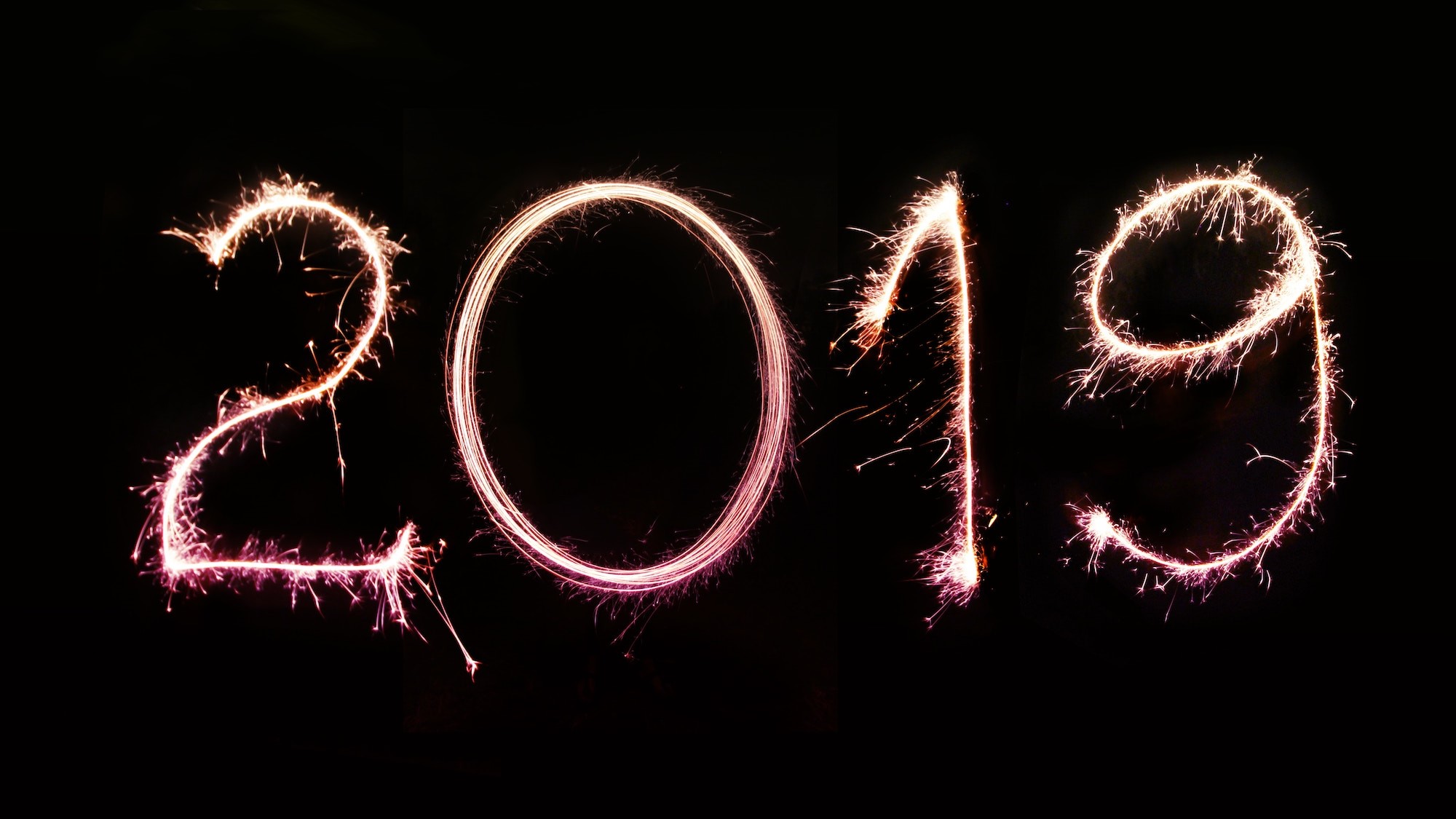Happy New Year!
Are you done with listing your resolutions?
Whether you actually have a list or not, the one thing for sure is that we all have a certain hope for each new year. Here at App Igniter, we’re more excited than ever to welcome the 2019 in metaverse.
What’s in store in the XR industry this year is anyone’s guess, but we can be certain that this year is gonna be bigger than the last. So where should we put our focus on?
For the masses: Oculus Quest
Last year Magic Leap practically stole most of our attention. This year it’s time for Oculus to take the stage. Oculus Quest has been getting rave reviews. A positive signal considering it’s only been tried by a select few. But unlike the ever-so-secretive Magic Leap, we have a pretty good view on the actual device and some of the experiences. So hopefully it won’t be a major gap between teaser and actual launch.
Starting at $399, Oculus Quest definitely fall in the affordable range. Especially considering you don’t need any other hardware to run it. With the price of a console yet with much cheaper game selection, I believe Quest will have a following of its own.
6dof headset + 6dof controllers = higher immersion. Other than for personal usage, I foresee it will be huge for events and location-based experiences. Not to mention a consultancy studio like us, App Igniter, is gonna be happy as we won’t have to lug a powerful laptop everywhere for demo.
For high-end developers: Magic Leap
Though most likely we won’t see the second gen of Magic Leap One, there is quite a promising prospect for the Magic Leap contents. Their first indie grant closed last December and it had attracted more than 6,000 submissions. Very impressive to say the least. What’s in everyone’s hope is that Magic Leap truly utilize this grant wisely and support an onslaught of quality contents to the Magic Leap World (their App Store).
I always believe that content drives adoption. If Magic Leap can pull it off, it will undoubtedly be a great boon for the coming consumer version. Magic Leap has gone out and say that there will be a second round of indie grant coming this year.
For the hopeful: HoloLens 2
HoloLens has been selling like hotcakes. Though mainly being used for enterprises, HoloLens is considered a successful device. According to European Patent Office (EPO) in May, Microsoft has sold around 50,000 HoloLens units. Not to mention the recent $480M deal with US military is boosting Microsoft’s grip on MR leadership.
Many are expecting the release of HoloLens 2 soon mainly because HoloLens 1 is already 3 years old and Magic Leap is joining the fray. That there is a shortage of stock of HoloLens at the moment speculating the anticipation for the 2nd iteration model in the near future. All seems to be playing nicely with Microsoft. If anything, the only roadblock seems to be in Windows Core OS development, which is said to be delayed until 2020. So just cross your fingers.
For the skeptics: it’s not just Pokemon Go
It’s hard to talk about AR to laypeople without bringing up Pokemon Go. Sure it’s famous and all, but to put that as the base reference is severely limiting the potential of AR. Try to look around more, especially in enterprises and medical sector. In fact, The Economist has put AR surgery as one of the ten trends to look for in 2019. The next time you or your relatives goes on the operating table, the doctors might be looking at your MRI scans from their AR headsets. And just like I mentioned in the previous point, HoloLens will also be used in military training in US.
In terms of VR, it’s no longer an emerging technology. As of July 2018, Gartner has even leave VR out of the hype cycle graph. Meaning it has already proven to be a viable technology with definitive uses.
So if you’re still somehow a skeptic of our progress in XR, I’ll leave these words from Steve Jobs:
“You can quote them, disagree with them, glorify or vilify them, but the only thing you can’t do is ignore them because they change things.” – Steve Jobs 1997
Cheers to your awesome year in 2019!

